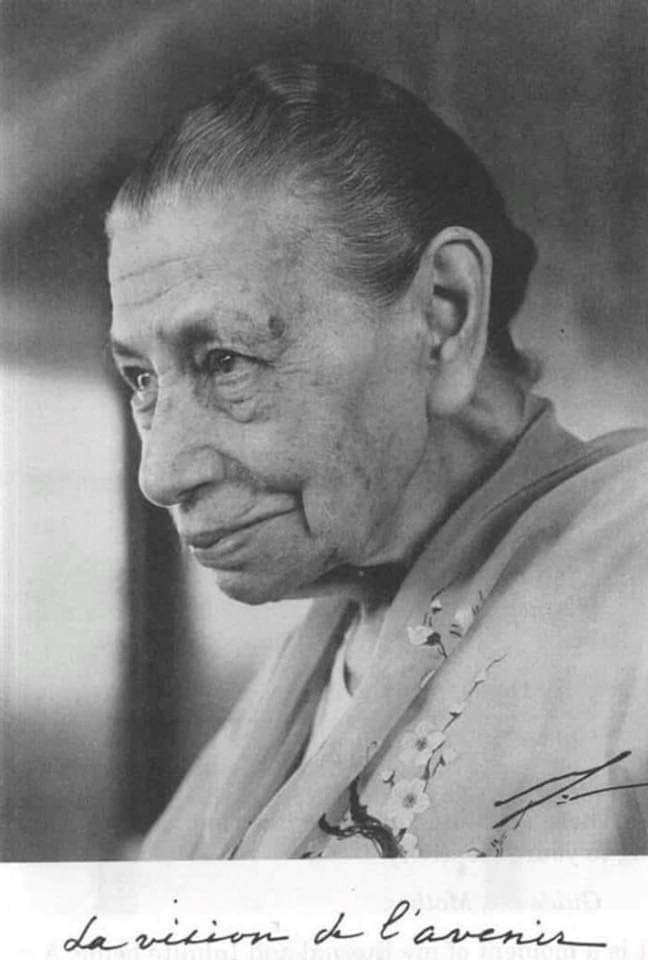Visions and Experiences

Real reason of Difficulty
12/29/2024
Knowing Oneself
12/31/2024Visions and experiences (especially experiences) are all right; but you cannot expect every vision to translate itself in a corresponding physical fact. Some do, the majority don’t, others belong to the supraphysical entirely and indicate realities, possibilities or tendencies that have their seat there. How far these will influence the life or realise themselves in it or whether they will do so at all depends upon the nature of the vision, the power in it, sometimes on the will or formative power of the seer.
People value visions for one thing because they are one key (there are others) to contact with the other worlds or with the inner worlds and all that is there and these are regions of immense riches which far surpass the physical plane as it is at present. One enters into a larger freer self and a larger more plastic world; of course individual visions only give a contact, not an actual entrance, but the power of vision accompanied with the power of the other subtle senses (hearing, touch, etc.) as it expands does give this entrance. These things have not the effect of a mere imagination (as a poet’s or artist’s, though that can be strong enough) but if fully followed out bring a constant growth of the being and the consciousness and its richness of experience and its scope.
People also value the power of vision for a greater reason than that: it can give a first contact with the Divine in his forms and powers; it can be the opening of a communion with the Divine, of the hearing of the Voice that guides, of the Presence as well as the Image in the heart, of many other things that bring what man seeks through religion or Yoga.
Farther, vision is of value because it is often a first key to inner planes of one’s own being and one’s own consciousness as distinguished from worlds or planes of the cosmic consciousness. Yoga experience often begins with some opening of the third eye in the forehead (the centre of vision in the brows) or with some kind of beginning and extension of subtle seeing which may seem unimportant at first, but is the vestibule to deeper experience. Even when it is not that,—for one can go to experience direct,—it can come in afterwards as a powerful aid to experience; it can be full of indications which help to self-knowledge or knowledge of things or knowledge of people; it can be veridical and lead to prevision, premonition and other openings of less importance but very useful to a Yogi.
In short, vision is a great instrument though not absolutely indispensable.
But, as I have suggested, there are visions and visions just as there are dreams and dreams, and one has to develop discrimination and a sense of values and kinds and know how to understand and make use of these powers. But that is too big and intricate a matter to be pursued now.
Ref : Letters on Yoga Vol. III




